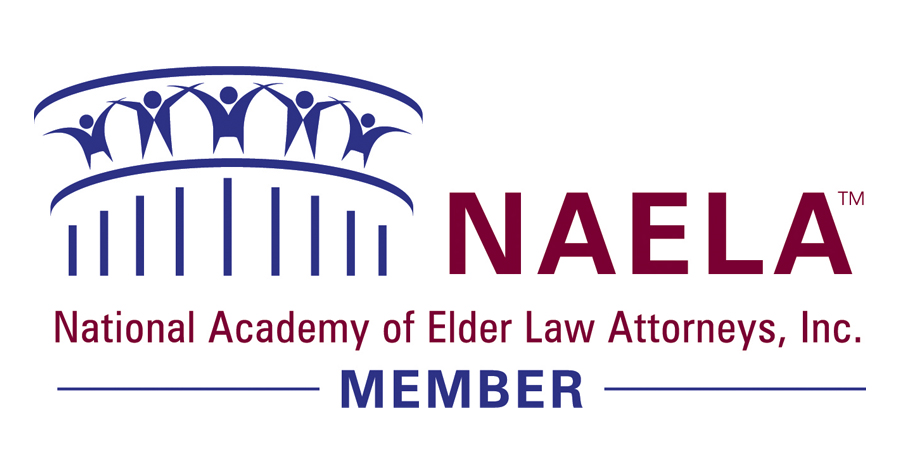 Estate Planning
Estate Planning
Delaney Law, P.C. provides comprehensive Estate Planning for now and the future.
Our office assists clients in creating important legal documents for their estate planning needs, both in Massachusetts and New Hampshire. While many think a Will is the only part estate planning, there are actually many other estate planning documents that are equally as important in the planning process (see below for examples of other estate planning documents). Our office ensures that each estate plan is tailored to the needs of the client, and contains a comprehensive set of documents designed to allow others to assist you when you need help with such things as medical decisions, finances, and managing your estate during lifetime and after death. We takes into account your unique personal and financial situation, including estate and income taxes, as well as disability of a spouse or a child. Licensed in both Massachusetts and New Hampshire, Delaney Law, P.C. can help make the estate planning process easier.Examples of Estate Planning Documents
Last Will & Testament
A document which disposes of all of your property titled in your name alone which does not have a named beneficiary at death (also referred to as “Probate Property”). Before your wishes outlined in your Will can be carried out, the Will must go through a Court process known as probate administration.
Durable Power of Attorney
A document in which you designate a trusted person as your agent or “Attorney-in-Fact” to have the authority to administer all of your financial affairs.
Health Care Proxy
A document in which you give authority to another person or “Health Care Agent” to make medical decisions if you are incapacitated, including life-sustaining treatment. May also be called “Durable Power of Attorney for Healthcare.”
HIPAA Release
A document that allows others whom you designate to speak to your medical professionals while you are still competent.
Revocable Trust
A trust that, along with proper trust funding, would allow your children or other beneficiaries to avoid the expense and delays of probate if they were to sell your house and to secure the bank accounts and other investments in the trust after your death. A revocable trust is a great estate planning tool when you want to avoid probate on your assets, to reduce the costs and time delays associated with probate and is important if you own real estate in different states.
Irrevocable Trust
A trust used to protect assets in relation to MassHealth where you are the Grantor(s) and retain the right to income of the trust during your lifetimes. An irrevocable trust can help you feel secure that your assets will be managed properly and for your benefit during your lifetime(s), and if applicable, after the death of the surviving spouse, whatever assets remain will be distributed to your children.A-B- Trust (Credit Shelter Trust)
A trust that helps minimize federal and state estate taxes at your death if your estate exceeds the federal or state estate tax exemptions.Third Party Supplemental Needs Trust
A trust that is usually established by a parent or parents ahead of time as part of their estate plan to provide for the management of assets of a disabled child upon both parents’ death. This trust supplements a disabled child’s needs while maintaining public benefits.
First Party Supplemental Needs Trust (a/k/a (d)(4)(A) Trust)
A trust that is used to protect a disabled person’s public benefits if the disabled person receives money directly from a direct inheritance, back Social Security benefits, a legal settlement, or a change in benefit rules.

